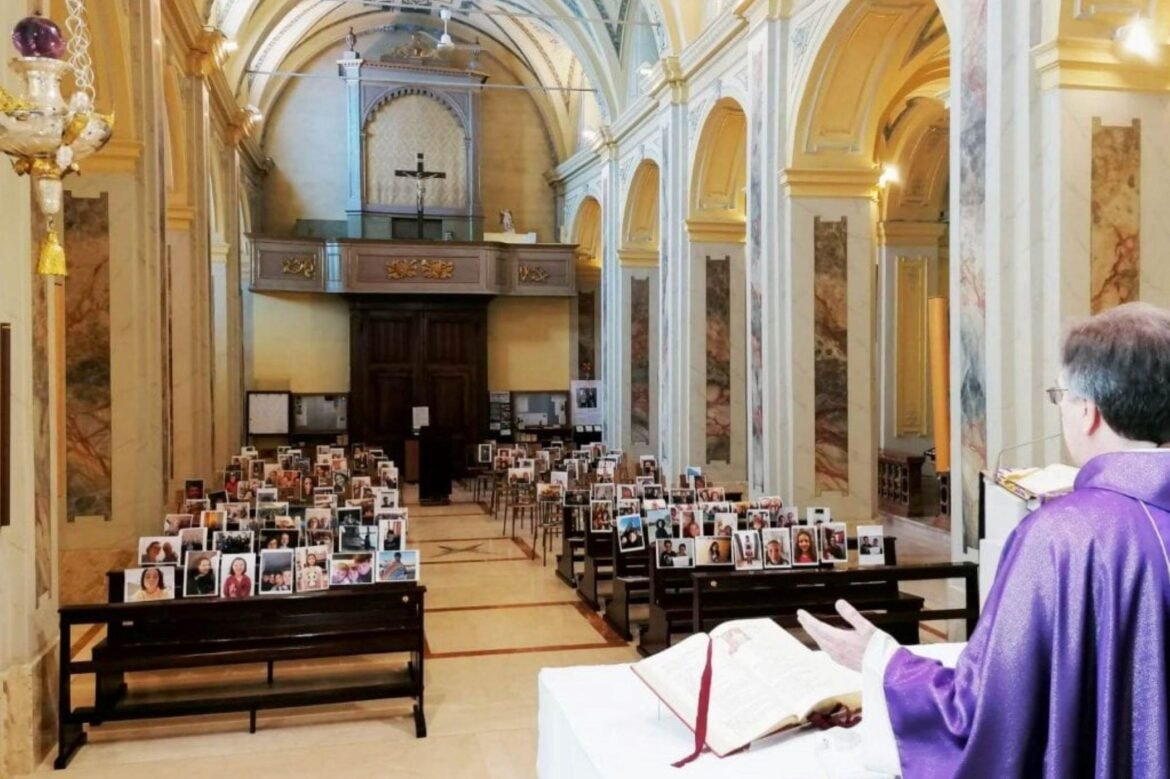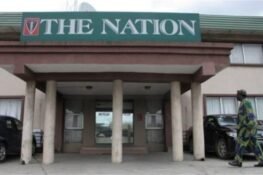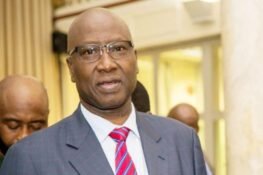The federal government says despite the lifting of ban on religious gatherings, it is safer for people to worship at home.
The government had banned large gatherings and ordered suspension of conventional religious activities in April to check the spread of COVID-19.
But on Monday, Boss Mustapha, secretary to the government of the federation, announced that President Muhammadu Buhari had approved that churches and mosques could reopen based on some guidelines.
Speaking at a briefing on Tuesday, Sani Aliyu, national coordinator of the presidential task force on COVID-19, said it was safer for people to worship at home.
Aliyu said due to the nature of religious centres, COVID-19 could spread easily there.
“The federal government decided to reopen worship centres under specific guidelines but if you can worship at home, please do so because it is safer to worship at home. It is better to stay at home and worship than to go to a place of worship,” he said.
“In view of the widespread community transmission of COVID-19, it is important that places of worship operate in a safe manner to ensure the protection of public health, avoid outbreaks and safeguard the health of the vulnerable members of the population.
“To this end, the following guidelines have been developed as a minimum set of standards that have to be complied with for places of worship to safely operate nationwide.
“They have been developed by the PTF in liaison with the leadership of religious communities in the country and should be used as a baseline for states to allow these activities.
“It is important to note that due to the nature of religious congregations, places of worship are particularly recognised to have a major potential for spreading COVID-19 infections amongst worshippers.
“Therefore places of worship that are not able to comply with these measures should not be allowed to operate by state governments.”
Aliyu said all places of worship must sign up to full compliance with all aspects of non-pharmaceutical interventions required to protect the public from COVID-19, including but not limited to ensuring the supply of running water and soap, alcohol sanitisers at entry and exit points in all high contact locations including bathrooms.
Credit: TheCable








